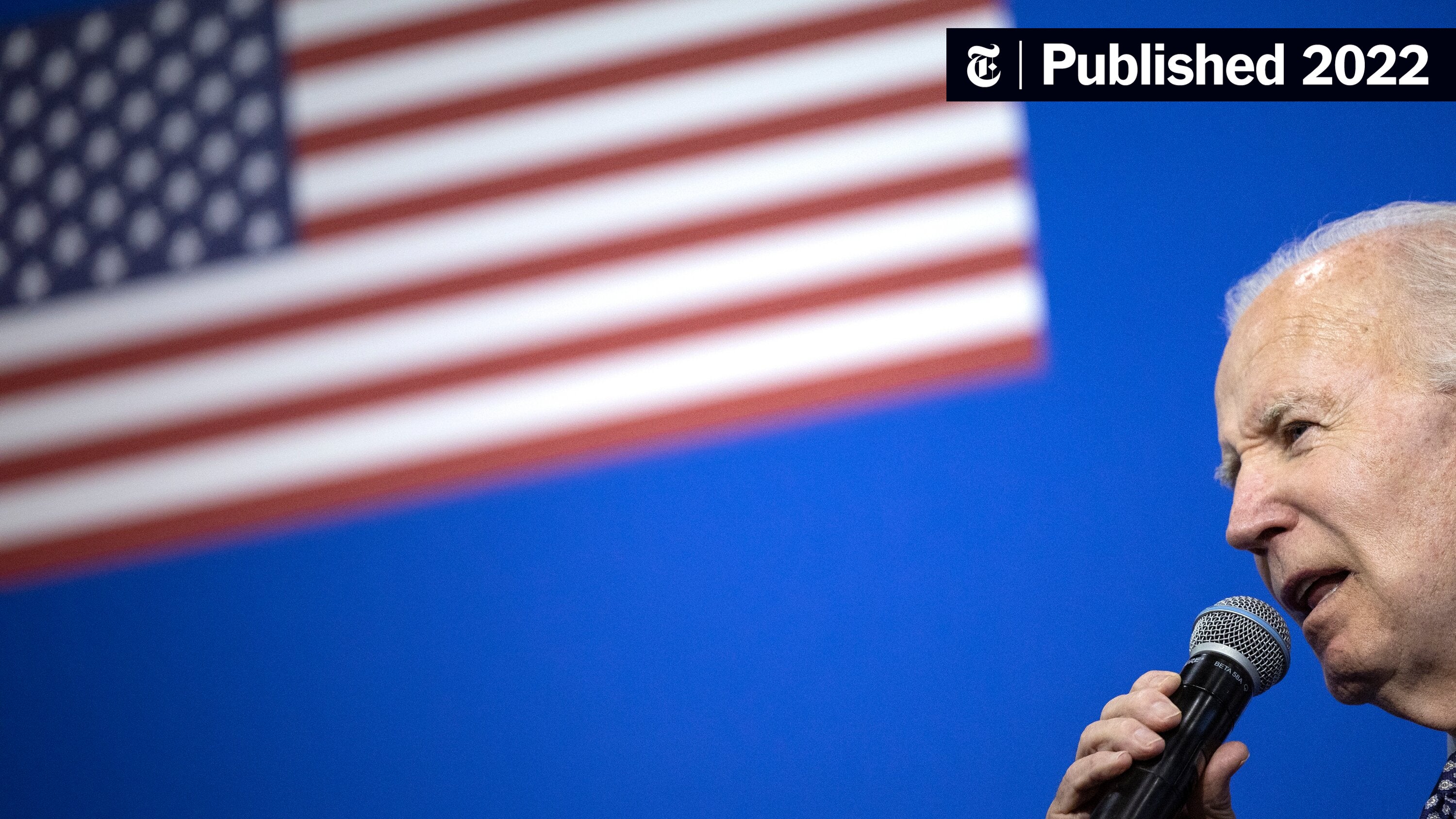US Government Downplays UK Trade Deal Impact On North American Automakers

Table of Contents
Limited Impact Claims by the US Government
The US government has consistently presented a rosy picture of the trade deal's impact on North American automakers. Official statements emphasize the benefits of reduced tariffs and increased market access to the UK. However, these assurances lack the depth needed to address the complex realities faced by the industry.
- Specific claims regarding tariff reductions: Government press releases highlight the elimination or reduction of certain tariffs on automotive parts. However, these reductions often fail to account for the intricacies of global supply chains and the potential for increased costs elsewhere.
- Statements regarding increased market access: The government emphasizes increased access to the UK market for North American auto manufacturers. While true to some extent, this neglects the potential for increased competition from UK-based manufacturers who may now enjoy preferential treatment.
- Assurances of minimal disruption to supply chains: Official statements minimize concerns over potential supply chain disruptions, logistical complications, and increased transportation costs resulting from the trade deal's implementation.
Counterarguments from the Auto Industry
North American automakers and industry associations paint a far more pessimistic picture. They argue that the government's optimistic assessment ignores the significant challenges posed by the deal. Major concerns include:
- Increased import costs due to tariffs or other trade barriers: While some tariffs are reduced, others may increase, leading to higher import costs for parts and materials. This increased cost of production could impact competitiveness.
- Loss of market share to UK competitors: The deal could shift the competitive landscape, potentially giving UK automakers an advantage in the US and North American markets. This may lead to a loss of market share for established players.
- Concerns regarding supply chain disruptions and increased logistics costs: Navigating the complexities of a new trade agreement, including customs procedures and regulations, could lead to supply chain disruptions and increased logistics costs, impacting profitability.
Economic Analysis and Predictions
Independent economic analyses offer a more nuanced perspective, often contrasting sharply with the US government’s pronouncements. These studies frequently predict negative consequences for the North American auto industry. For example, [link to relevant report 1] and [link to relevant report 2] project significant job losses and decreased investment in North American plants.
- Job losses predicted in the automotive sector: Several economic models predict job losses in the manufacturing and related sectors as a result of increased competition and shifts in production.
- Potential impact on investment in North American auto plants: Uncertainty surrounding the trade deal's long-term effects could deter investment in new plants and technologies, hindering growth and modernization.
- Long-term effects on the competitiveness of North American automakers: The cumulative effects of increased costs, decreased market share, and reduced investment could significantly impact the long-term competitiveness of North American automakers on the global stage.
Political Implications and Lobbying Efforts
The government's downplaying of the trade deal's negative consequences may be influenced by political pressures and lobbying efforts. The automotive sector is a significant employer and economic driver, and any perceived threat to its stability can have substantial political ramifications.
- Influence of political pressure on government assessments: The desire to portray the trade deal as a success, regardless of the potential downsides for specific industries, can influence official assessments and reporting.
- Role of lobbying groups in shaping public perception: Lobbying efforts by various stakeholders, including both pro- and anti-trade groups, can significantly shape public perception and influence government policy.
- Potential conflicts of interest influencing the government's stance: Potential conflicts of interest, including relationships between government officials and representatives of the automotive industry, could further complicate the issue.
Conclusion
The discrepancies between the US government's optimistic assessment of the US-UK trade deal and the concerns raised by North American automakers and independent economic analyses are striking. While the government highlights tariff reductions and increased market access, the industry voices significant concerns about increased competition, supply chain disruptions, and potential job losses. Understanding the true impact of this trade deal on the North American automotive industry is crucial. Therefore, staying informed about further developments regarding the US Government Downplays UK Trade Deal Impact on North American Automakers is paramount. We encourage readers to follow reputable industry news sources, contact their elected representatives, and conduct further research to form their own informed opinions on this important issue.

Featured Posts
-
 Jean Luc Delarue Le Temoignage Cash D Antoine Dulery Sur Leur Rencontre
May 11, 2025
Jean Luc Delarue Le Temoignage Cash D Antoine Dulery Sur Leur Rencontre
May 11, 2025 -
 Aaron Judges 2024 Season A Yankees Magazine Preview
May 11, 2025
Aaron Judges 2024 Season A Yankees Magazine Preview
May 11, 2025 -
 Superman Daredevil 1923 Todays Bctv Daily Dispatch
May 11, 2025
Superman Daredevil 1923 Todays Bctv Daily Dispatch
May 11, 2025 -
 Crazy Rich Asians Series Lim And Chu Return For Max
May 11, 2025
Crazy Rich Asians Series Lim And Chu Return For Max
May 11, 2025 -
 Bayern Inter 1 4 De Finale Ligue Des Champions Decryptage Du Role De Mueller
May 11, 2025
Bayern Inter 1 4 De Finale Ligue Des Champions Decryptage Du Role De Mueller
May 11, 2025
